Emmanuelle Bertrand, Pascal Amoyel, Pascal Rophé - Shostakovich: Cello Concerto No. 1 & Cello Sonata (2013) [Hi-Res]
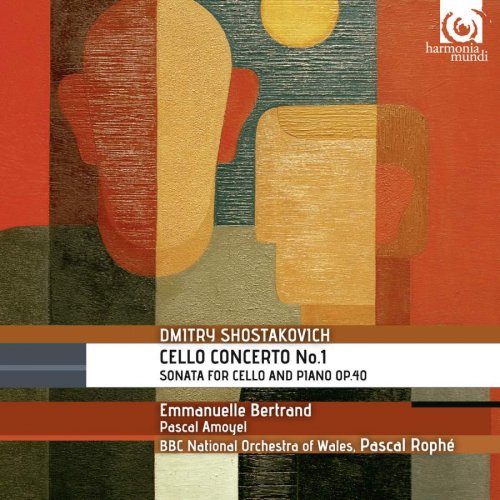
Artist: Emmanuelle Bertrand, Pascal Amoyel, BBC National Orchestra of Wales, Pascal Rophé
Title: Shostakovich: Cello Concerto No. 1 & Cello Sonata
Year Of Release: 2013
Label: Harmonia Mundi
Genre: Classical
Quality: FLAC (tracks + booklet) [96kHz/24bit]
Total Time: 1:03:05
Total Size: 1.08 GB
WebSite: Album Preview
Tracklist:Title: Shostakovich: Cello Concerto No. 1 & Cello Sonata
Year Of Release: 2013
Label: Harmonia Mundi
Genre: Classical
Quality: FLAC (tracks + booklet) [96kHz/24bit]
Total Time: 1:03:05
Total Size: 1.08 GB
WebSite: Album Preview
Dmitri Shostakovich (1906-75)
Cello Concerto No.1 Op. 107
1 I. Allegretto 6:22
2 II. Moderato 12:21
3 III. Cadenza 6:20
4 IV. Allegro Con Moto 4:45
Sonata For Cello And Piano Op. 40
5 I. Allegro Non Troppo 12:47
6 II. Allegro 3:21
7 III. Largo 9:09
8 IV. Allegro 4:35
9 Moderato For Cello And Piano 3:22
Performers:
Emmanuelle Bertrand (cello)
Pascal Amoyel (piano)
BBC National Orchestra of Wales
Pascal Rophé
Numerous cellists, including nearly all the big names, have recorded Dmitry Shostakovich's Cello Concerto No. 1, a work that seems to confirm Solomon Volkov's idea that Shostakovich's later works encode deep anger at the Soviet regime. It consists of a pair of acidic, rather menacing fast movements enclosing a deeply gloomy Moderato (really a slow movement) with a remarkable cadenza that turns the concept of that formal unit on its head and seems to dissolve into nothingness. French violinist Emmanuelle Bertrand and the BBC National Orchestra of Wales under conductor Pascal Rophé (no Welshman he), like so many other non-Russian groups, turn in balanced performance of the outer movements that are perfectly pleasant to hear but miss some of the emotional weight. The slow movement and cadenza, however, are something else again. It's rare that an album is worth purchasing for a single section of a work, but that's the case here, as Bertrand keeps the performance on an agonizing razor's edge as the violin line fragments into single hopeless utterances against a background of nothingness, and Rophé handles the pizzicato cellos and other small orchestral groupings as if they were some grotesque modern parody of the end of Haydn's "Farewell" symphony. If you get in tune with Bertrand's mood here, you may well feel emotionally wrung out by the end of the work, and the brash Sonata for cello and piano in D minor, Op. 40, one of the final products of Shostakovich's early period, will seem almost breezy. Strongly recommended. ~ James Manheim
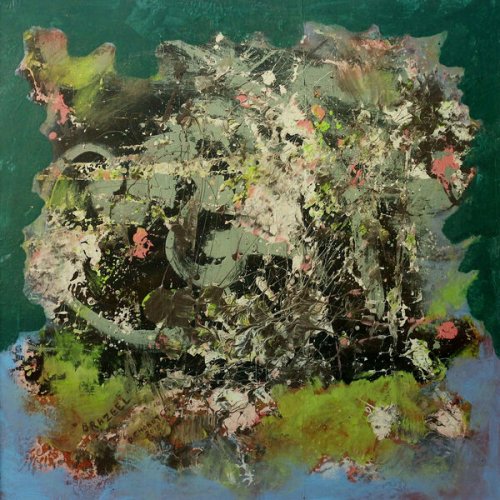
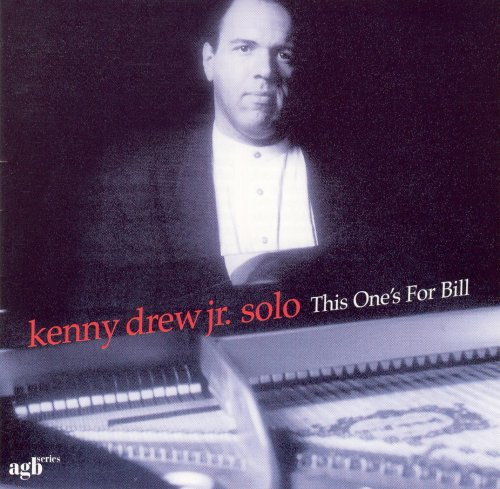
![Mantovani & His Orchestra - The Greatest Gift Is Love (1975/2026) [Hi-Res] Mantovani & His Orchestra - The Greatest Gift Is Love (1975/2026) [Hi-Res]](https://www.dibpic.com/uploads/posts/2026-02/1771524770_cover.jpg)
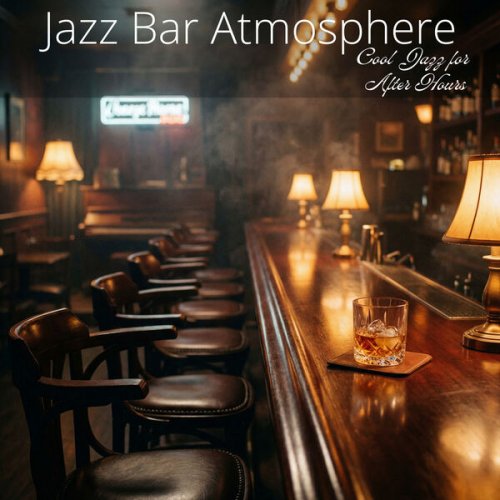
![Greg Foat & Sokratis Votskos with The Giorgos Pappas Trio - Impressions of Samos (2026) [Hi-Res] Greg Foat & Sokratis Votskos with The Giorgos Pappas Trio - Impressions of Samos (2026) [Hi-Res]](https://www.dibpic.com/uploads/posts/2026-02/1771506483_sa4kxxin052ht_600.jpg)
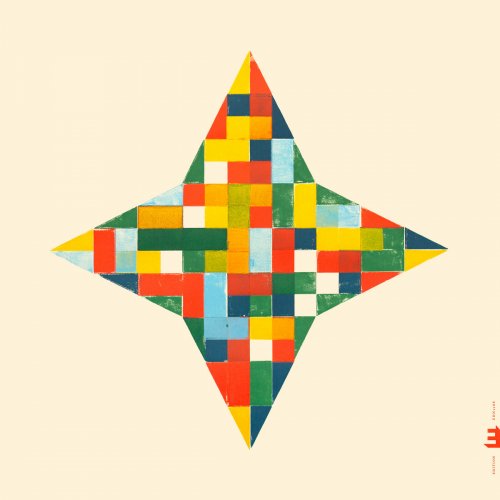
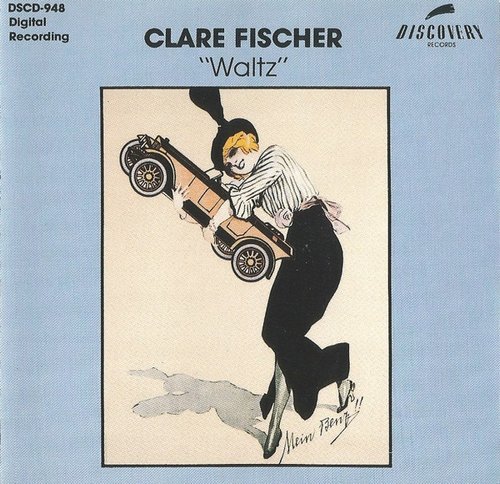
![Art Pepper - Everything Happens To Me: 1959 - Live At The Cellar (2026) [Hi-Res] Art Pepper - Everything Happens To Me: 1959 - Live At The Cellar (2026) [Hi-Res]](https://www.dibpic.com/uploads/posts/2026-02/1771405170_fcwg7jmt6mou1_600.jpg)
![Stephen Parisi Jr. - Buddy! (2026) [Hi-Res] Stephen Parisi Jr. - Buddy! (2026) [Hi-Res]](https://img.israbox.com/img/2026-02/20/fvrxk8mfalmhx2kjnbwaetofm.jpg)